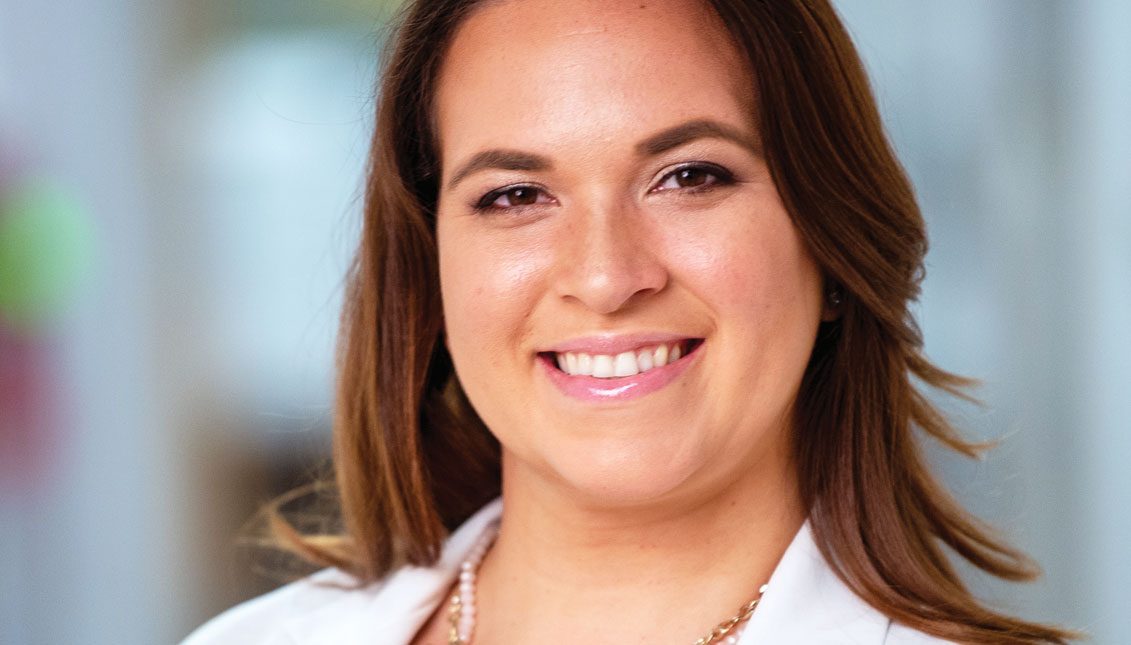
Why Even During the COVID-19 Pandemic, A Mammogram is Important
Routine mammograms are on a decline due to COVID-19. For Latinx women, this is compounded by the lack of healthcare and language barriers and leads to fewer…
Since the start of the coronavirus pandemic, there has been a decline in routine cancer screenings, such as mammograms. This is dangerous because it leaves women vulnerable to breast cancer and can delay necessary treatment.
In the United States, one in eight women will develop breast cancer in her lifetime. For Latinx women, one in ten will develop it. Routinely, mammograms are done annually once a woman turns 40, based on the guidelines from the American College of Obstetricians and Gynecologists (ACOG). If a woman has a family history of breast cancer, her doctor may likely recommend the screening be done sooner.
Dr. Ayala-Crespo, an obstetrician-gynecologist at Temple Health shared with AL DÍA News why mammograms are important and why early detection is needed.
“The reason why we do mammograms yearly is because breast cancer is quite common. Because it is so common, if we detect it early, we have a better chance of survival. By skipping it or avoiding it, there could be many cases that could be diagnosed that we may be missing because the patients are not getting the screening done.”
An estimated more than 42,000 women are expected to die of breast cancer this year, according to the National Breast Cancer Foundation. However, early detection means that women have a better chance of fighting cancer and surviving.
Ayala- Crespo said,
“The earlier stages that you are in your breast cancer, the more successful the treatment will be at curing your breast cancer.”
A mammogram is an x-ray that screens for breast cancer by detecting small masses that would not be palpated by self-examination or by a doctor. If abnormalities are detected, doctors make the next steps with patients, such as a diagnostic mammogram or biopsy, which can tell women what stage of breast cancer they have. The procedure itself takes less than 15 minutes and Ayala-Crespo says that despite fears of COVID-19, it is safe to get a mammogram.
RELATED CONTENT
At Temple Health, she explained, in addition to many other hospitals, they are following social distancing guidelines, sanitizing and cleaning each station in between patients, and everyone wears a mask.
However, the barriers for Latinx women to get mammograms, go beyond coronavirus concerns.
These include language barriers, healthcare access, and cost, or a bias on the part of the healthcare team, which leads to fewer Latinx women utilizing mammograms and delays in treatment, according to a study published in the Asia-Pacific Journal of Clinical Oncology.
Dr. Ayala-Crespo said that at Temple Health, she has also has seen that in the Latino community, more so than in general patients, that there is a scare that breast cancer screening is so painful. She explained:
“I even have patients that don’t want screening because they are afraid of the procedure of getting a mammogram. That is a myth. It is a somewhat uncomfortable procedure, but it is so quick. It’s not really painful.”
To combat this, she is “reassuring patients that it's something that can save their life.”










LEAVE A COMMENT: